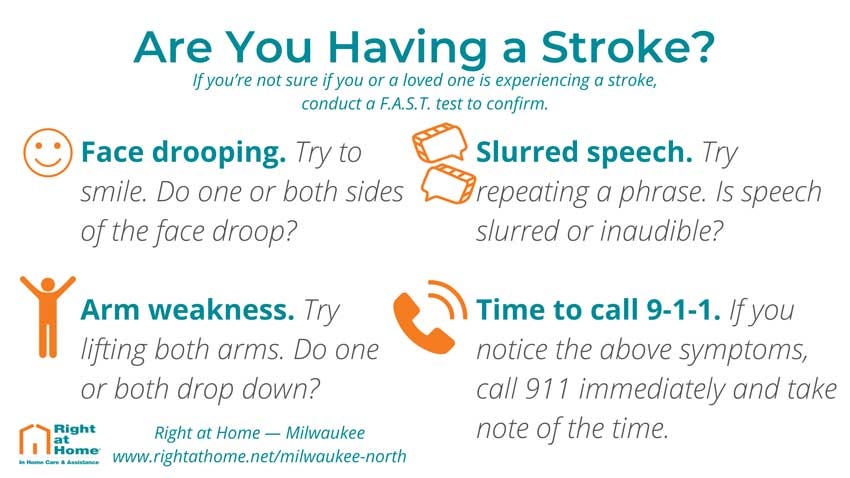What are the Warning Signs of a Stroke?
May is National Stroke Awareness Month. Beginning in 1989, this year marks 32 years of encouraging stroke awareness. Every moment counts when it comes to a stroke. Take this opportunity to familiarize yourself with the symptoms to watch out for in yourself and your loved ones.
Being able to detect a stroke early can make all the difference in providing life-saving treatment. Understand what a stroke is and what you need to watch out for below.
What’s a Stroke?
A stroke happens when blood is cut off to a part of your brain. When this happens, oxygen and other important nutrients aren’t able to reach areas of your brain that need them. Within minutes, your brain cells begin dying. If not treated, strokes can lead to death. Prompt medical treatment can minimize effects to the brain and reduce the risk of death.
Sudden Onset Symptoms
While a stroke may slowly set in, it’s more likely to experience the following symptoms suddenly.
Numbness. Sudden numbness in the body, specifically the arms and face are a cause for concern.
Confusion. Sudden confusion as to where one is, who they are, or who’s around them is another symptom to watch out for.
Trouble walking or seeing. Senses and motor control can disappear quickly with the onset of a stroke, causing blurred vision or problems walking.
Severe headache. Strokes are linked to an issue in the brain. A sudden severe headache that seems to come out of nowhere and is accompanied by any of the other listed symptoms is a definite cause for concern.
Do a FAST Test if You’re Unsure

If you’re not sure if you or a loved one is experiencing a stroke, conduct a F.A.S.T. test to confirm.
Face drooping. Try to smile. Do one or both sides of the face droop?
Arm weakness. Try lifting both arms. Do one or both drop down?
Slurred speech. Try repeating a phrase. Is speech slurred or inaudible?
Time to call 9-1-1. If you notice the above symptoms, call 911 immediately and take note of the time.
What to Do After Observing Symptoms
It’s important to note when symptoms begin so caretakers can provide appropriate treatment. When you have a stroke, your brain doesn’t get the blood it needs. Without treatment, individuals experience severe brain damage, disability, or even death. As such, it’s critical to seek medical assistance as soon as you suspect a stroke.
You should not attempt to drive or have someone drive you to a hospital. Instead, it’s best to call an ambulance as emergency technicians are trained in stroke diagnosis and can begin administering life-saving treatment en route to the hospital.
Subscribe to our newsletter to stay informed about all the latest Right at Home - Milwaukee news.
Stroke Awareness
Each moment counts when you or a loved one is having a stroke. Take this time to familiarize yourself with the symptoms to watch out for, and be sure to share with your loved ones as well.




